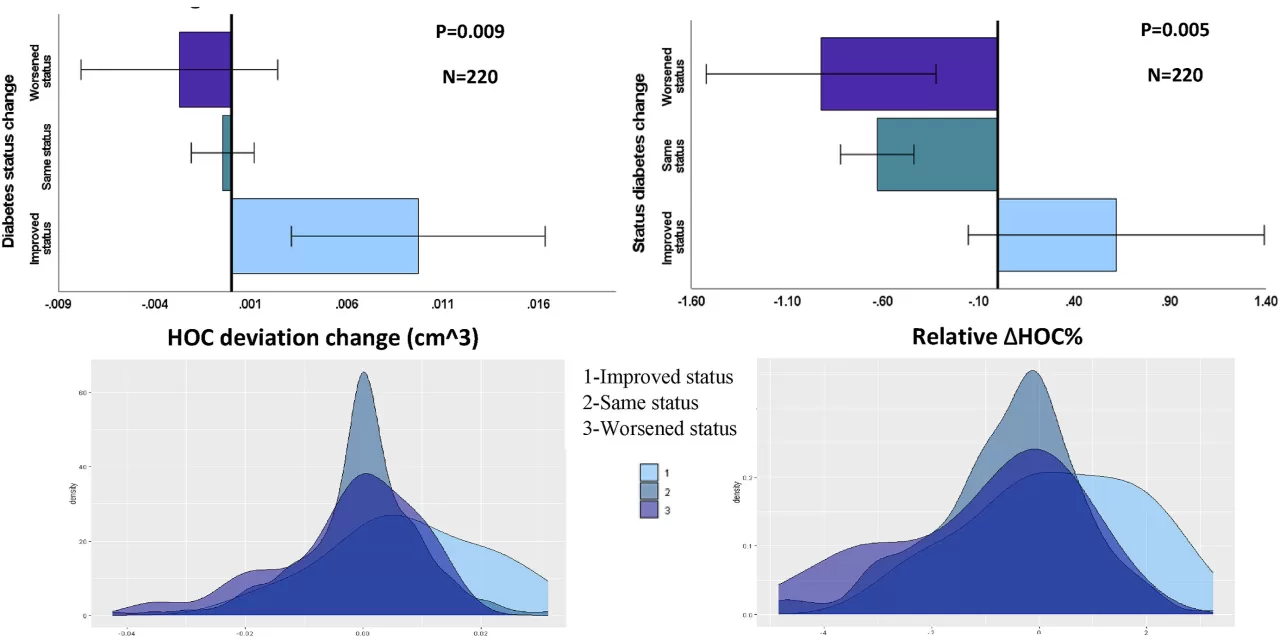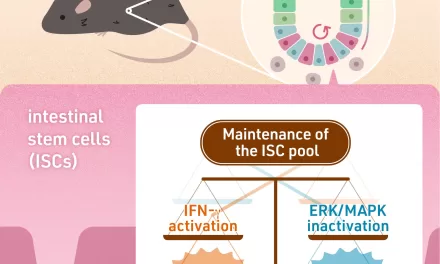November 5, 2024 – A groundbreaking study led by Ben-Gurion University of the Negev has uncovered the crucial role of blood sugar control in mitigating age-related brain atrophy, highlighting the benefits of the Mediterranean diet. The research, published in The American Journal of Clinical Nutrition, is part of the DIRECT PLUS Brain MRI trial and sheds light on how dietary changes can contribute to better brain health as we age.
Age-related brain atrophy—characterized by the gradual loss of neurons and shrinkage of brain tissue—is a natural consequence of aging that can lead to cognitive decline. While the aging process cannot be entirely prevented, this new 18-month dietary intervention offers hope that lifestyle changes can slow brain aging.
The concept of “brain age,” as assessed through MRI measurements of the hippocampus and lateral ventricles, reflects the biological state of the brain, which may differ from a person’s chronological age. Typically, aging leads to a shrinkage of the hippocampus and an expansion of the lateral ventricles, serving as markers for cognitive health. A younger brain age indicates better cognitive function, while an older brain age is associated with accelerated aging and a higher risk of cognitive decline.
Conducted by an international team of experts, including researchers from Harvard University and Leipzig University, the study primarily involved Ph.D. student Dafna Pachter under the guidance of Prof. Iris Shai. Two years prior, a related study found that Mediterranean (MED) and Green Mediterranean (Green-MED) diets significantly reduced age-related brain atrophy by approximately 50% over 18 months.
The current research aimed to elucidate the mechanisms behind this protective effect. It revealed that a decrease in HbA1c, a marker of long-term blood sugar levels, was associated with positive changes in specific brain regions prone to age-related atrophy. MRI results indicated that lower HbA1c levels correlated with greater deviations in key areas such as the thalamus, caudate nucleus, and cerebellum—all vital for cognitive function, motor control, and sensory processing.
One of the standout findings of the study is the connection between improved blood sugar control and slower brain aging. The Green-Med diet, rich in polyphenols from plant-based sources like Mankai (a high-protein aquatic plant) and green tea, has been linked to better glycemic control and may provide protective effects for brain structure and function.
The DIRECT PLUS trial is one of the largest brain MRI intervention studies, involving approximately 300 participants who were divided into three dietary groups. Whole-brain MRI measurements taken before and after the 18-month intervention tracked changes in brain health.
Utilizing the FDA-authorized NeuroQuant tool, the researchers assessed brain MRI data to investigate the impact of dietary components on glycemic control and brain aging. Participants who achieved normal glucose levels exhibited significant improvements in brain health, particularly those who consumed higher quantities of green tea and Mankai shakes.
Prof. Iris Shai emphasized the potential of maintaining low blood sugar levels as a strategy for preserving a younger brain, particularly when combined with a nutritious diet and regular physical activity. “Polyphenols from plant-based foods may cross the blood-brain barrier and help reduce brain inflammation, which is crucial for memory,” she noted.
Dafna Pachter added, “This trial presents a safe method to potentially slow down brain aging through the adoption of a green-Mediterranean diet.” This research is among the first large-scale trials to link dietary changes, particularly the Green-Med diet, with improved glycemic control and slower brain aging.
While further investigation is needed to fully understand the underlying mechanisms, these findings suggest that simple dietary adjustments could play a significant role in reducing the risk of age-related cognitive decline.
For more information: Pachter, D. et al., “Glycemic control contributes to the neuroprotective effects of Mediterranean and green-Mediterranean diets on brain age: the DIRECT PLUS brain-magnetic resonance imaging randomized controlled trial,” The American Journal of Clinical Nutrition, 2024. DOI: 10.1016/j.ajcnut.2024.09.013.












